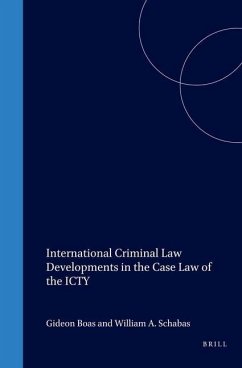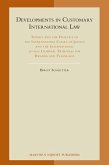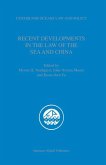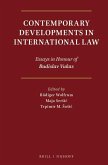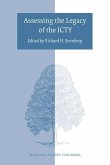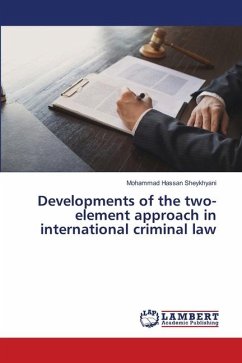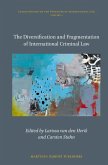At the dawn of the International Criminal Court, the rich experience of the "ad hoc" International Criminal Tribunal for the former Yugoslavia (ICTY) will prove to be the primary source of legal authorities for many years. The creation of the ICTY in 1993 heralded a new-found willingness of the international community to bring to book perpetrators of war crimes and gross or systematic violations of human rights. Written by academics and practitioners, and notably many "insiders" at the ICTY, this volume focuses particularly on the international and criminal law developments that have taken place in the practice and procedure of the Tribunal. Throughout are threads concerning the development and application of international criminal law not only by the ICTY, but also by the "ad hoc" International Criminal Tribunal for Rwanda and the new International Criminal Court.
Hinweis: Dieser Artikel kann nur an eine deutsche Lieferadresse ausgeliefert werden.
Hinweis: Dieser Artikel kann nur an eine deutsche Lieferadresse ausgeliefert werden.

